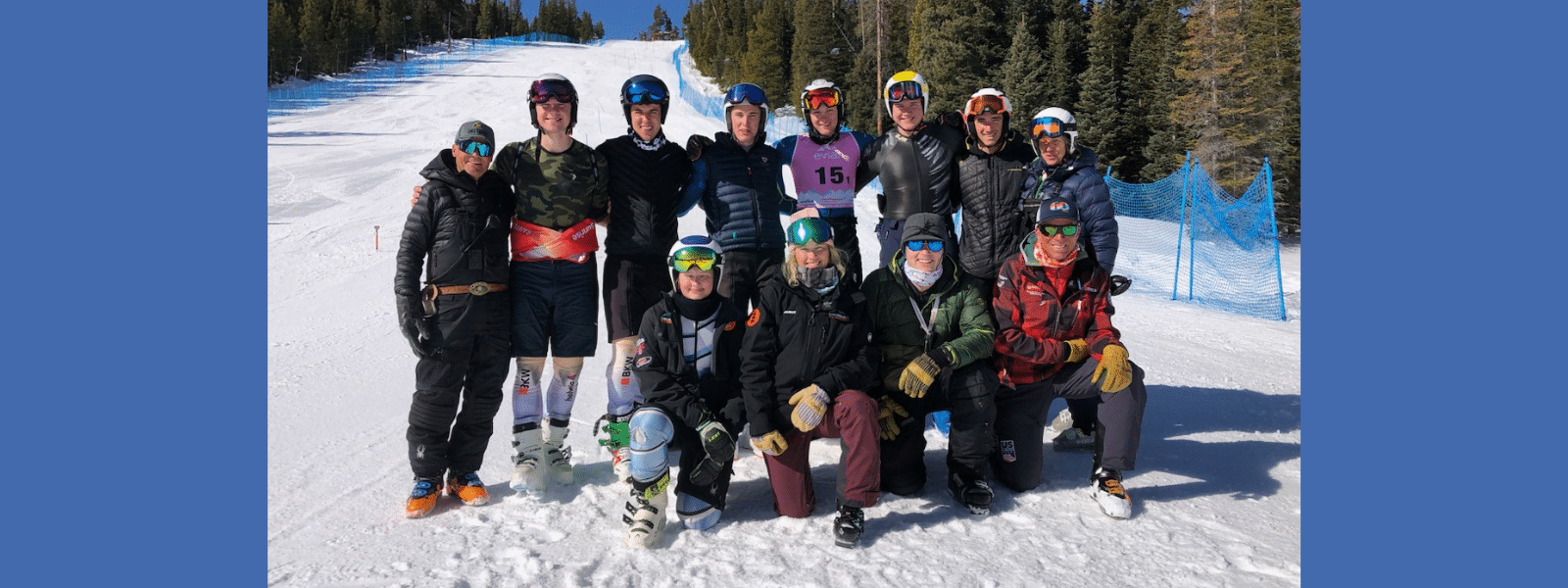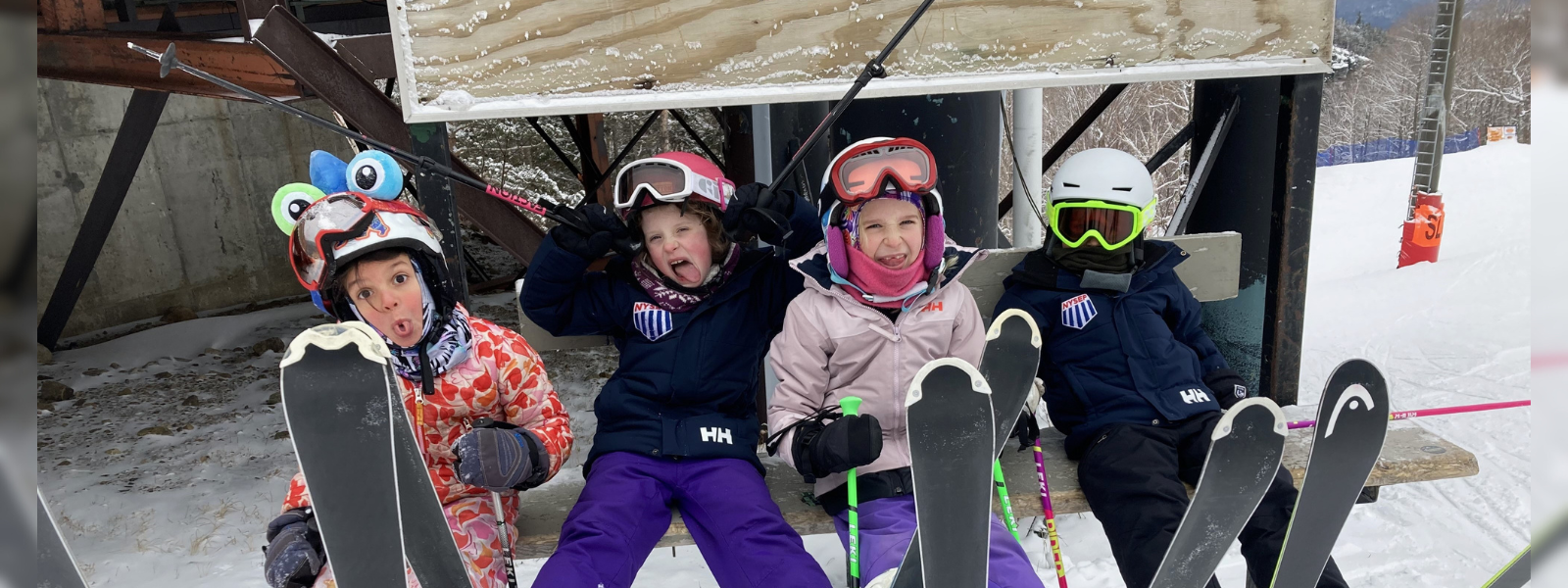Opinion: A litmus test for the FIS
Change is in the air and not just because it’s fall. At the FIS technical meetings in Zurich and in Soelden at the World Cup opener, it was clear that times are changing in the world outside of the International Ski Federation (FIS). There are some in the sport’s governing body who have been pushing for change within if there is hope of remaining a relevant international sports federation. Keeping up with today’s methods in the governance of, organization around, delivery of, and communication about all the sports the FIS governs is essential to that goal.
The last two editorials, penned by the late CEO of SkiRacing.com, Gary Black, Jr., spoke in depth about the need for FIS to change and how the organization was actually starting to go about those changes. What is clear in the two years since Gary’s cry for next steps and new strategies is that we are still talking about the need for adapting to today’s consumers while little has changed.
Why do things need to change in the first place? As Alpine World Cup Committee Chair and champion for change Niklas Carlsson of Sweden put it in a recent FIS Q&A, “We can see that the environment is changing, the media landscape is different and we need to adapt. We have been adding many new things to the World Cup, but now it’s time to review what we are doing. Is it good? Can we do it better? How can we be more appealing, both for active skiers and for TV viewers following the sport?”
In order to garner the types of change Carlsson is suggesting, however, it would be extremely helpful to see some changes from the FIS leadership. Once the FIS leadership shows it is ready to embrace change for itself, that will send a signal to the rest of the body that it is time to get serious about how we move the bar forward.
Unfortunately, with a governing body that meets in its entirety every two years and a Council comprised of members with no term limits and “essentially an older, all-male, non-progressive board” as U.S. Ski and Snowboard CEO Tiger Shaw put it, it is hard to progress quickly. “The FIS is completely devoid of strategy. It’s 100 percent tactical and political,” said Shaw. One thing is certain – change will not come about unless the dialogue is started. As Shaw put it, “We’ve got to put a stake in the ground. Nobody else is doing it.”
It is ironic that just last year (October 2016), the International Ski Federation adopted the FIS Universal Code of Ethics which discusses the need for “Transparency, Integrity, Democracy and political neutrality in all decision making and management procedures of the FIS.” Yet, there were no defined ways in which to act on transparency (e.g. FIS top executive salaries are paid by the Hodler Foundation which is in turn compensated by the FIS and the salary amount is undisclosed), democracy (e.g. there are no women representatives on the FIS Council other than a non-elected, non-voting athlete representative), and integrity (e.g. according to best governance principles, the chair/president of a committee/council is unpaid and works with its board, not the opposite, as it is in FIS). On that last point, Shaw commented, “The problem is all the power is consolidated in one person – more or less a benevolent dictatorship. It’s not good for evolution, especially if you have a leader not necessarily interested in changing.”
In a desire to help FIS follow through on the positive step it took in creating a Universal Code of Ethics, U.S. Ski and Snowboard put forth a series of proposals to give greater definition and clarity to the broad statements in the ethics document. If accepted, it would bring greater transparency, equality integrity, and swiftness of response of the governing body. The FIS Council will review these proposals at a mid-November meeting and make recommendations for either passing or not passing the proposals at the May 2018 FIS Congress in Greece.
If change is to truly come about in any kind of meaningful way, the FIS Council has an opportunity to take the reins of leadership by supporting these proposals. The concern is, as FIS Council member representing the U.S., Chairman of U.S. Ski and Snowboard, and strong advocate for better business practices Dexter Paine says of the FIS Council, “The inertia and the comfort with no change is greater than the desire to be the leader in governance among the IFs [International Federations].”
The Council’s recommendations on these proposals will serve as a litmus test for how serious they are about following through on their own Universal Code of Ethics. What message do they want to send to the watching ski world? Because they will send a message with their recommendations on these proposals. Here’s hoping the Council decides to work together to draft governance changes that it will endorse before the members vote at the Congress in Greece. When asked what Paine felt would become of FIS if these proposals were adopted in May, he responded that the FIS will have “the best corporate governance in the Olympic movement.”
Change is not always comfortable and no one person or nation has all the right answers to go forward, but in order to adapt to the needs of our snowsport consumers, no matter the discipline, there needs to be a collaborative and triangulated effort. It will help Carlsson and others trying to increase the popularity of our sports again if the leadership makes its own changes to show the seriousness with which it takes the desire to step up the organization’s “game.”
An insightful question asked at the FIS technical meetings came from the chair of the Snowboard/Freestyle/Freeskiing Committee, Dean Gosper who queried, “What would it look like if we were not just worried about ourselves, but worried about the sport?”
Every FIS Council member needs to ask himself this before the meeting in mid-November, and every member nation needs to do the same before casting votes next May.





















